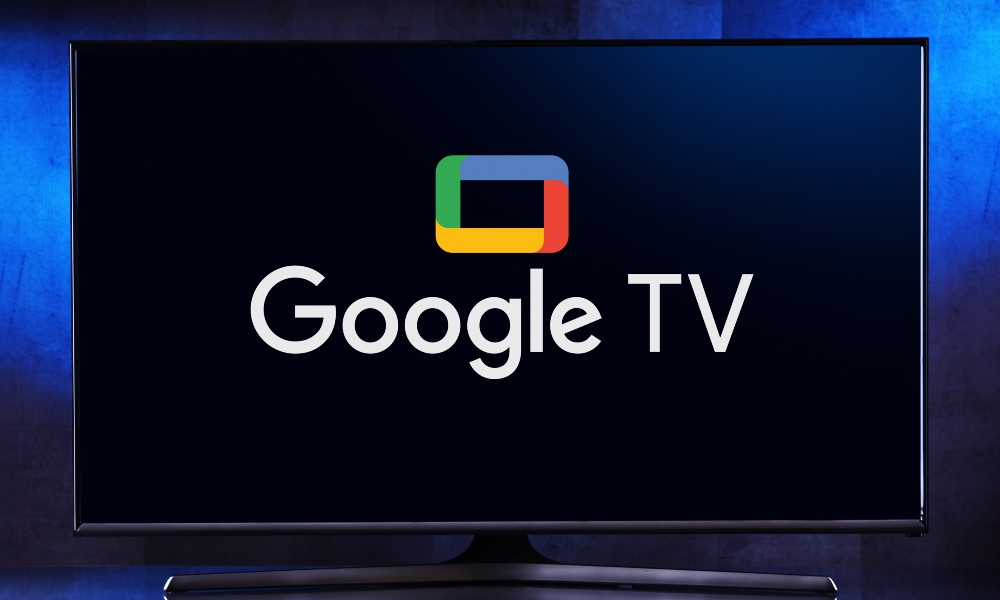Google has seemingly confirmed that it will be taking a 2-year release cycle for its Google TV platform with the unofficial announcement of Android OS 16 for its Smart TVs. The news breaks ahead of the company’s upcoming I/O developer conference, where the company has multiple announcements planned for Android, AI, web and cloud developments.
Currently, Android OS is used by Sony and Philips (technically Skyworth in the U.S.), to help power some of their top TVs. It’s also featured in several TVs and projectors from TCL and Epson.
The news was originally broken by Android Authority who noticed that in much of the material that was going up ahead of the conference, all referenced Android OS 16 and not 15.
Decision to Slow Down Dev Cycle Runs Counter to Competitors
Google’s push to slow down development cycles is a contrasting strategy to its competitor in both the TV device and smart home space, Apple, where one of the strengths of the latter is the ubiquity and speed at which it can deliver OS updates to its respective devices.
This speed is largely aided, however, by the fact that Apple does not need to work with multiple hardware manufacturers in the same way that Google does as the only devices that run tvOS are Apple’s own devices, greatly reducing the complexity of each update.
Slower Updates Generally Viewed as a Positive for Google TV
Prior to this, many, including Android Authority, supposed that Google would skip Android 15 as it had with Android 13 and instead lean into a two-year development cycle for the smart TV OS with Android 16.
Speculators have argued that a longer development cycle for the TV OS makes more sense as, compared to phones, which often get replaced every year, TVs have a far longer lifespan in the home, necessitating far less frequent updates.
Many critics also pointed to Google’s frequent, yet inconsistent update patterns across its devices as lead to a fragmentation of the ecosystem where developers “struggle to support multiple versions [of Android OS] simultaneously.”
Ideally, this longer update cycle implies that updates will be more feature-laden, and less bug-laden, however, whether that will be the case in the long term is yet to be seen.
In the near term, however, that does seem to be the case as Google plans to introduce new memory optimization to help its OS run smoother on budget TV models in addition to delivering new interactions with Gemini AI baked into the platform for Android 16. There is currently no release date available for the OS, however.
Keep Reading:
See why the tariffs may shift the smart TV market in favor of Korean brands
Check out our top picks for OLED TVs
Plus: Who’s the top TV brand among homeowners?






